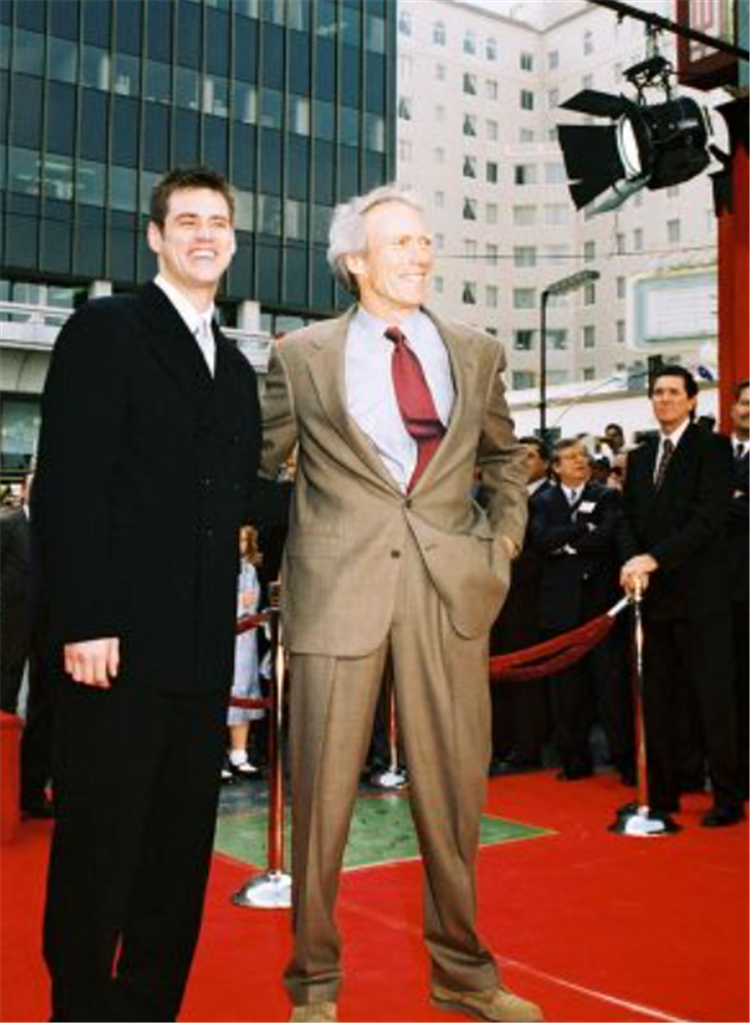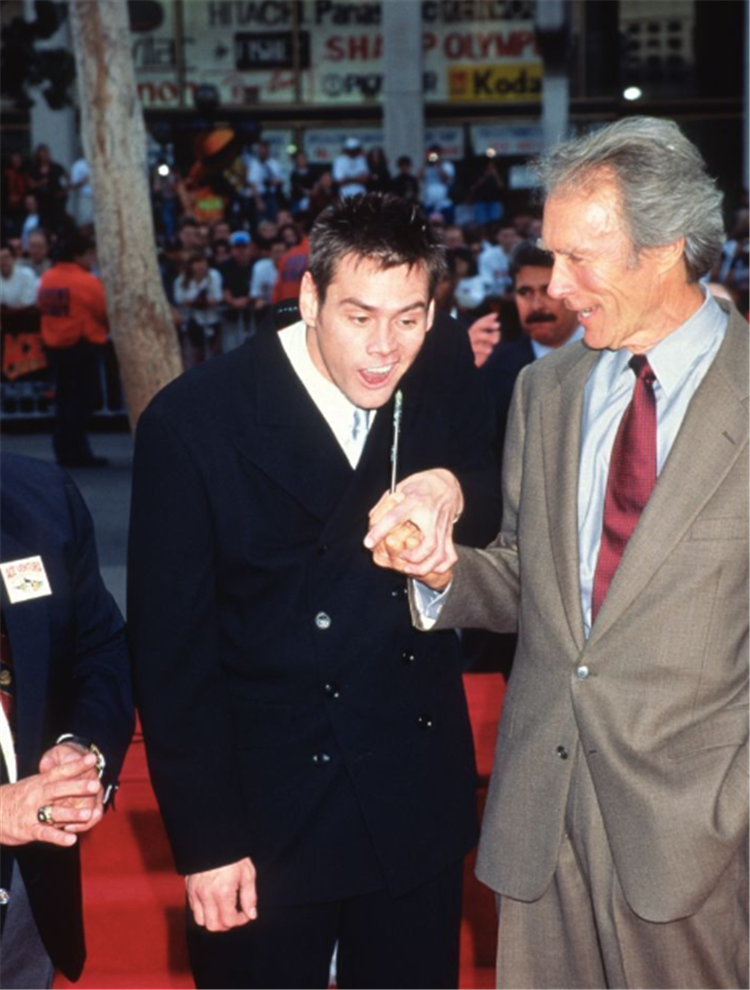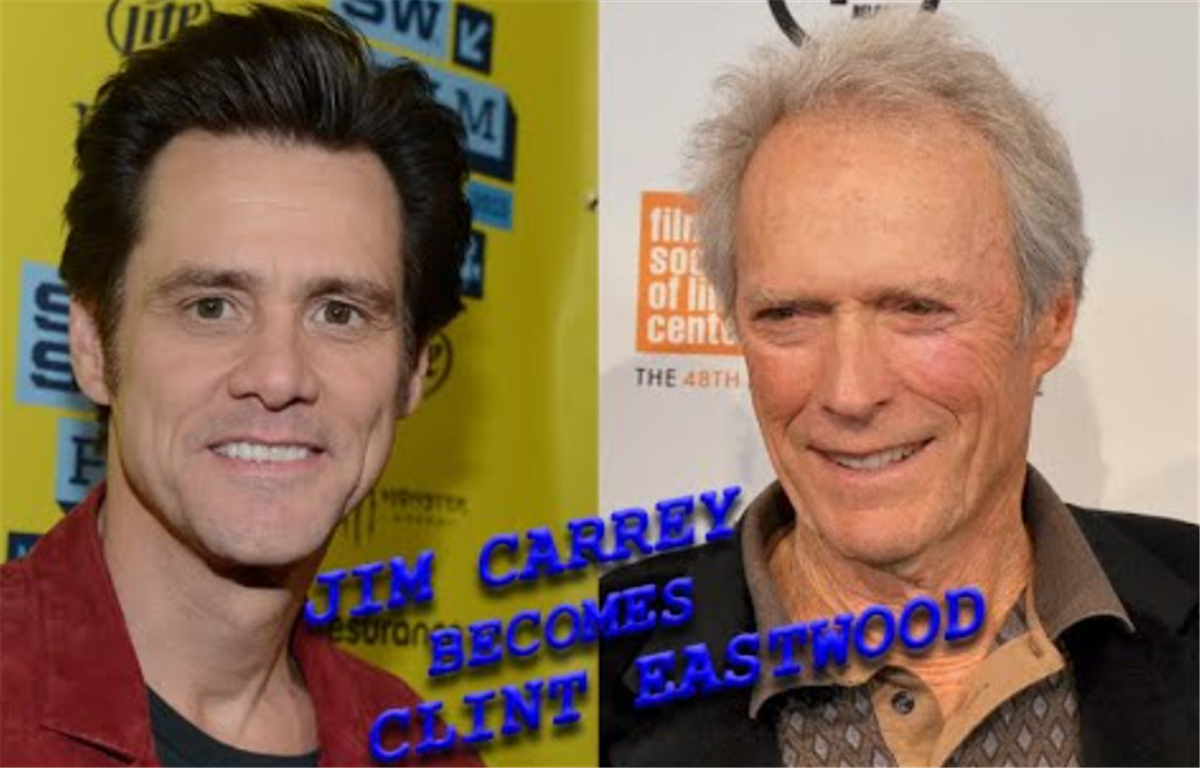Even the biggest actors on the planet needed to start somewhere, and Jim Carrey was no different. By the time the mid-1990s had swung around, Carrey was one of the hottest acting properties in Hollywood, making a name for himself with his high-energy slapstick comedy as per the likes of Ace Ventura, The Mask and Dumb and Dumber.
Carrey had been a stand-up comedian and impressionist in the early part of the 1980s before he moved to Hollywood in 1983, regularly appearing at The Comedy Show. Eventually, the young actor desired to make the transition to movies, and it was Clint Eastwood, of all people, whom Carrey could do a brilliant impression of, securing his first big break in the process.
“Not many people know this, but Clint Eastwood was one of my first supporters in the business,” Carrey once said in a speech praising Eastwood. “At the time, I was a struggling actor, and I was cast to play the part of a crazed drug fiend rockstar named Johnny Squares in the Dirty Harry film The Dead Pool. Sure, you can applaud for that, alright.”

The actor continued: “For my audition, I was put on tape singing an Alice Cooper song. I went completely nuts, tearing up the office and spitting into the camera. Afterwards, I wondered if I had gone too far. In those days, I still worried about that sort of thing. When I finally met Clint, he just said to me, ‘I loved that tape, and I showed it to all my friends’.”
The Dead Pool is the 1988 neo-noir action thriller movie directed by Buddy Van Horn. Eastwood stars as Inspector ‘Dirty’ Harry Callahan in the fifth and final Dirty Harry film series alongside Liam Neeson and Jim Carrey in their respective first film roles, and the narrative focuses on a game of dead pool manipulated by a serial killer.

“Naturally, I was elated; I wanted to do the best possible job I could do for this man,” Carrey continued. “The first day of shooting, I showed up with all these wild ideas. I said, ‘Hey, I have a ton of ideas that I want to try out, Mr. Eastwood, if you don’t mind.’ I was expecting a little bit of resistance, but Clint just looked at me and looked at the producer and said, ‘Well, maybe we’ll just turn the camera on and let him go.’”
Signing off with his admiration for Eastwood, Carey finished: “I was a tad over-prepared that day, but that was only because I was working with a legend, somebody whose movies I’d admired for years. Everybody in this audience, at one time or another, has lived vicariously through Clint Eastwood and his mythological characters. He’s our equalizer; he’s the one who could settle the score for us. The man that every man would love to be.”
